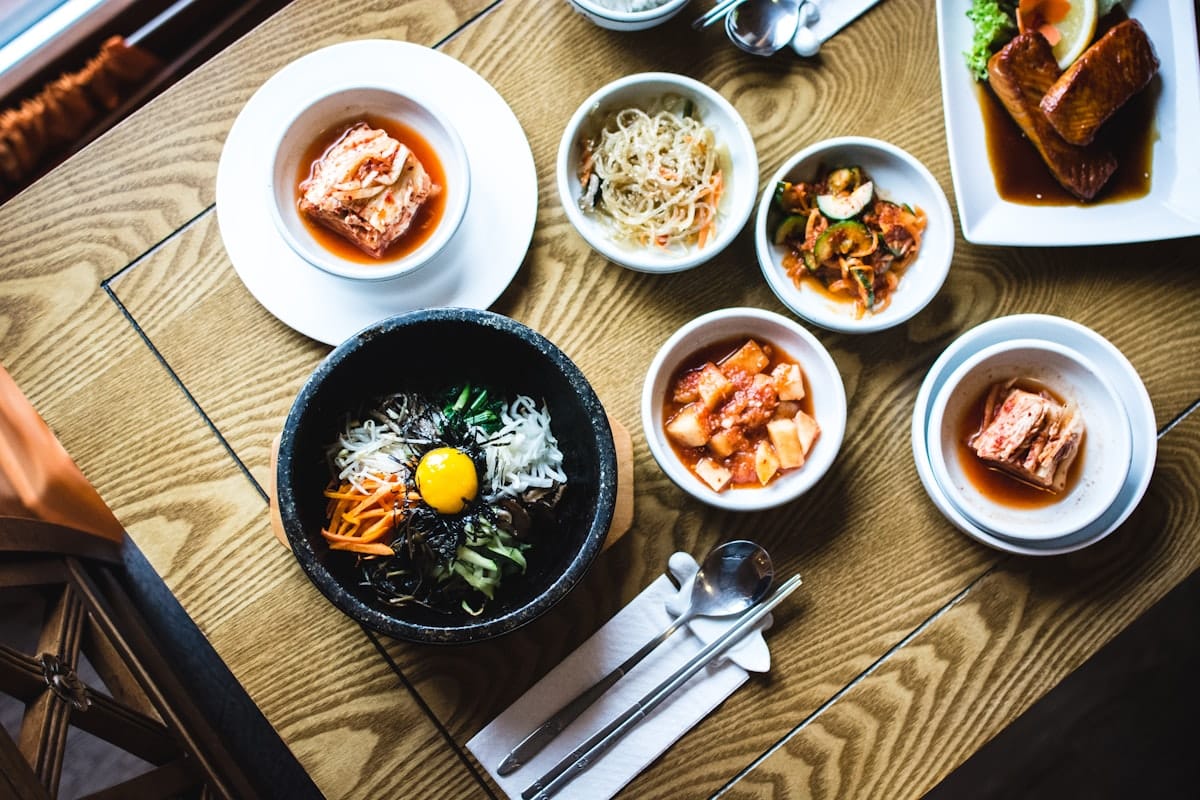South Korea is one of the most dynamic and fast-paced work environments in Asia. Whether you’re joining a Korean corporation or a startup, understanding Korean workplace culture is key to building trust, communicating effectively, and thriving in your career. This guide explains the hierarchy, etiquette, work hours, communication style, and after-work traditions that define professional life in Korea.
1) The Hierarchical Structure (선후배 문화)
Respect for hierarchy is deeply ingrained in Korean workplaces. This structure — known as sunbae-hoobae (senior-junior) culture — shapes communication, decision-making, and daily interactions.
- Sunbae (선배): A senior colleague or mentor, usually older or more experienced.
- Hoobae (후배): A junior colleague expected to show respect and learn from the senior.
- Titles matter — use “Manager Kim” or “Kim sajang-nim” rather than first names.
- Decisions often flow top-down, and direct confrontation with seniors is discouraged.
2) Communication Style: Indirect and Respectful
Koreans value harmony and avoiding open conflict. Communication tends to be indirect — meaning, tone and body language often carry more weight than the actual words.
- Avoid saying “no” directly; use soft expressions like “it might be difficult” or “I’ll check.”
- Silence can mean disagreement — learn to read context.
- When emailing or messaging, start with polite greetings such as “안녕하세요” and end with appreciation.

3) Punctuality and Work Hours
Time is highly respected in Korea. Arriving even a few minutes late can be seen as careless, especially in formal settings.
- Most offices operate from 9 a.m. to 6 p.m., though unpaid overtime (ya-geun) is common.
- Arriving early and staying slightly later than your manager is often viewed positively.
- Remote and flexible work are growing, especially in IT and global companies.
4) Meetings and Team Collaboration
Meetings in Korean offices are formal and often follow strict etiquette:
- Seats are arranged by rank — the most senior sits farthest from the door.
- Always bow slightly when entering or leaving a meeting room.
- Take notes diligently; showing attentiveness is a sign of respect.
- Decisions are usually finalized by superiors after internal discussion.
5) Office Etiquette and Daily Behavior
Professionalism extends to every detail — from greetings to seating arrangements. Here’s how to make a good impression:
- Use both hands when giving or receiving items, including business cards.
- Stand up when greeting managers or guests.
- Keep your desk neat and respect communal areas like the pantry.
- Offer to help seniors with small tasks (serving coffee, printing documents).
6) Lunch and Coffee Break Culture
Lunch breaks are usually taken together as a team — it’s a time for bonding and informal communication.
- Team lunches are important for building relationships; avoid skipping them frequently.
- Don’t start eating until the most senior person begins.
- After lunch, coffee shops are popular for quick meetings or breaks — it’s an extension of workplace networking.
7) After-Work Culture: 회식 (Hoesik)
Hoesik (회식) — company dinners — are a major part of Korean work life. They’re designed to strengthen teamwork outside of office walls.
- Participation is encouraged but becoming more optional among younger workers.
- Traditionally involves BBQ, beer, and soju — but now includes cafes, bowling, or karaoke.
- When drinking, pour drinks for others first; never refill your own glass.
- Say “건배!” (cheers) when toasting with your colleagues.
8) Gender Dynamics and Work-Life Balance
Workplace equality is improving rapidly, but traditional norms still influence some industries. Women hold increasing leadership roles in tech, finance, and government. Work-life balance initiatives are expanding through “Family Friendly” policies and flexible hours.
- Expectations for overtime are decreasing among younger professionals.
- Remote work policies expanded after COVID-19.
- Government initiatives promote parental leave and shorter workweeks.
9) Tips for Foreign Employees
- Show humility — even when you’re confident, modesty earns respect.
- Learn key workplace phrases: “수고하셨습니다” (Thank you for your hard work) and “잘 부탁드립니다” (I look forward to working with you).
- Adapt to indirect feedback; Koreans may avoid open criticism.
- Build relationships through small gestures — offering snacks or coffee works wonders.
10) The Future of Korean Work Culture
Modern Korean workplaces are changing fast. Startups, global companies, and younger generations are reshaping the culture with flexibility and openness. English is more accepted, hierarchy is less rigid, and well-being is prioritized.
- Companies embrace diversity and mental health support.
- Digital collaboration tools (Slack, Notion, Zoom) are standard.
- The “quiet quitting” movement is gaining traction among youth seeking balance.
Tip: Always stay professional but approachable — Koreans appreciate sincerity over formality when relationships deepen.
Official Resources
Related Guides
JS Network: Solving Korea’s ‘Expat Nightmares’
Colin (Founder) | U.S. MBA | 11+ Yrs Global Experience
My Expertise:
• Expat ‘Nightmare’ Solutions (Visa, Housing, Banking)
• Global Trade & K-Product Sourcing (B2B/B2C)
• Premium Concierge & Travel Support
Contact Now:
📧 [email protected]
📱 Chat on WhatsApp | Chat on KakaoTalk
We respond quickly to all inquiries, but for 24/7 “URGENT” assistance (like a lost ARC or visa issue), please use Kakao/WhatsApp.
(All services are provided in conjunction with appropriate affiliated professionals (lawyers, administrative agents, judicial scriveners, etc.))
© JS Network Co., Ltd. | Expat ‘Nightmare’ Solutions 🌏 www.jsnetwork.co.kr


